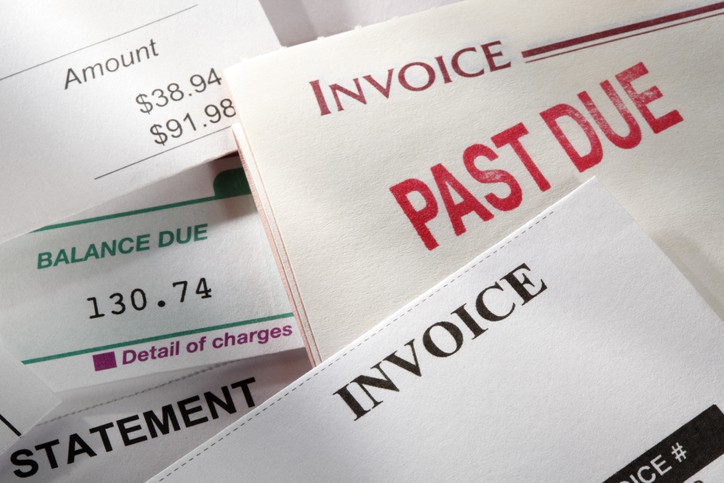Alternatives to Bankruptcy

When you find yourself in financial trouble, your first thought might be to file for bankruptcy. However, while this is an appropriate solution for many, you should consider it your last resort. Plenty of other alternatives are worth trying before filing for bankruptcy.
Debt Counseling & Management
A debt counselor can help you pinpoint ideas for lowering what you owe based on your unique situation. You may even be a candidate for debt management, which involves making payments to a company that then pays your creditors. This option may lower your interest rates, waive late fees and over-limit fees, and stop collection activity.
Debt Settlement
While debt management involves paying everything you owe over time, debt settlement includes a degree of creditor forgiveness. This could be a viable option if you are severely delinquent on your debt payments. Settling with your creditors may forgive some of your debt—just be aware that your credit score will likely take a hit, and you may owe taxes on the forgiven amount.
Debt Consolidation
This is the act of combining multiple debts into a single loan. It simplifies your liabilities, allowing you to make one payment per month instead of many. Debt consolidation loans also usually provide low interest rates and a set payment schedule. Be aware that you may need to offer up collateral, which could be seized if you default on the loan.
Asset Liquidation
Part of the bankruptcy process includes liquidating (selling) your assets to pay off creditors. You can do this yourself by simply getting rid of belongings you no longer need. Have a garage sale, sell the boat or motorcycle you never use, and trade stocks or bonds that have significant value. Some quick cash may be all you need to put a substantial dent in the amount you owe.
Lifestyle Changes
Make a budget and stick to a strict spending plan. You might need to give up eating out, start making coffee at home, forego vacations, and shop at thrift stores for furniture and clothing. After a few months of living below your means, you’ll see just how fast you can pay off your debt.
No Action
If you are unemployed, have limited assets, don’t own a home, and lack the financial means to pay off your debt, you may be deemed “judgment-proof.” This means anyone who sues you won’t be able to collect because you have no assets that can be legally seized. Creditors can’t take away ordinary clothing, basic furnishings, food, personal effects, Social Security, public assistance, or unemployment benefits. If you think you might be judgment-proof, seek professional legal counsel for advice about what to do next.
It’s critical to carefully weigh the extent of your debt and the consequences of filing for bankruptcy with help from a bankruptcy attorney. Before you file, contact Cutler & Associates at (773) 360-5802 and request a free consultation. We’ll discuss bankruptcy and its alternatives with you to help you decide what’s best for your situation.

